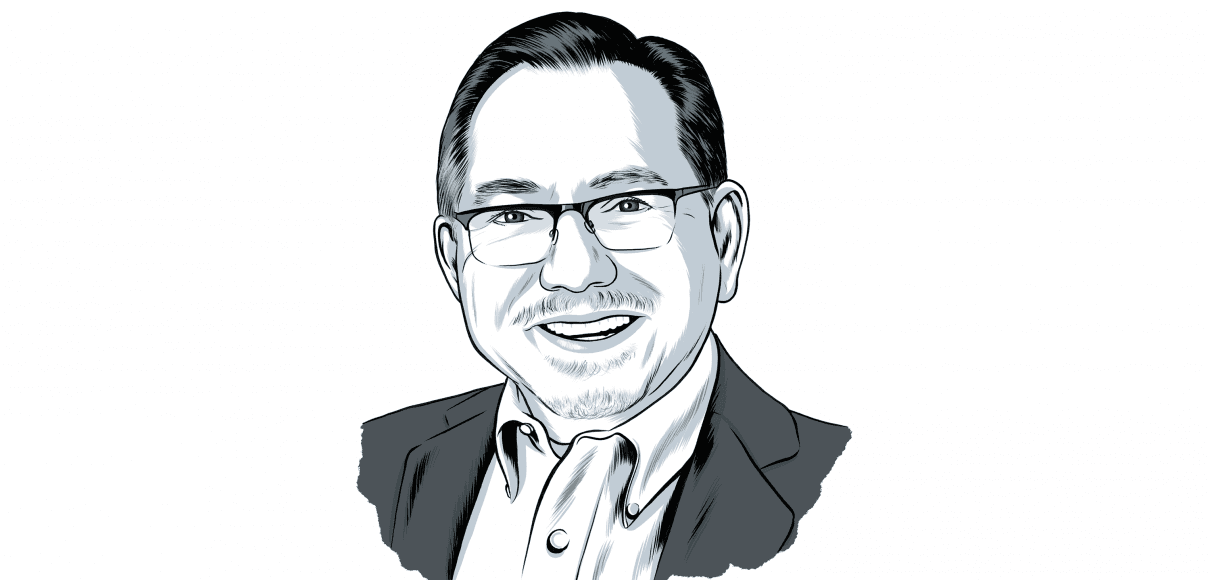
THERE ARE MULTIPLE CHARACTERS in the Bible whose stories and paths fascinate me, but Joseph is a character I’ve respected and personally resonated with to some degree. Like Joseph, I expected God’s promises made to me early in life would happen sooner rather than later. At age 17, God spoke to me through a street preacher who told me I was going to be a leader, a pastor, a teacher. That didn’t happen for a long time. In fact, when I started my ministry, I was hired to be the janitor of my church, not the associate pastor.
I began to learn that things don’t always happen the way you expect them to. Sometimes we must be willing to walk through the unknown paths, diligently preparing ourselves for a future that’s not always clear to us at each step along the way.
I’ve been thinking about Joseph’s journey preparing for an unknown future as I’ve been reading the book The Great Upheaval: Higher Education’s Past, Present, and Uncertain Future by Arthur Levine and Scott Van Pelt. It’s a book that SPU’s board, senior leadership team, and campus leaders are reading and discussing as we continually discern the future of higher education and prepare our students to navigate the myriad changes before us.
The Great Upheaval identifies three significant forces that are profoundly changing America: demographic shifts, the economy, and technology.
Levine and Van Pelt note that by 2045, whites will make up less than half of America’s population (49.8%). Hispanics will constitute nearly a quarter (24.6%) of the population. And Blacks and Asians together will represent another fifth (21%) of the nation.
“Sometimes we must be willing to walk through the unknown paths, diligently preparing ourselves for a future that’s not always clear to us at each step along the way.” — Interim President Pete Menjares
SPU’s demographics already reflect this shift — 61% of entering freshmen in the 2021–22 class are from a historically underrepresented group, and our University is actively working to provide resources and support for these students who might also be the first in their families to attend college or earn a college degree. We have programs such as Ascent to provide support to first-generation students and the BioCORE Scholars Program to provide mentorships, hands-on research opportunities, and a close-knit community to these students in the biological and biomedical sciences.
We know the rising cost of higher education (along with soaring inflation in every other realm) is causing deep anxiety for students and families. For the incoming students in 2021, SPU took the unprecedented move to reduce undergraduate tuition rates by 25%, increased student scholarships, and pledged to cap future tuition increases.
Prior to COVID-19, the internet, personal computers, mobile devices, along with a slew of other technological advances, already heralded us into the knowledge economy. But the last two years radically accelerated the adoption of remote and online learning modules. At SPU, programs such as our newest master of science in nutrition degree provide a hybrid delivery of in-person and online learning to offer graduate students the best of both learning formats. This is in addition to our new, fully online master of business administration degree.
Like Joseph of old, we may not know the precise configurations of the future, but we don’t have to be anxious or distressed over profound disruptions affecting higher education. At SPU, we seek God’s wisdom and diligently prepare and educate students with the knowledge and skills to be adaptive to an ever-changing world.




